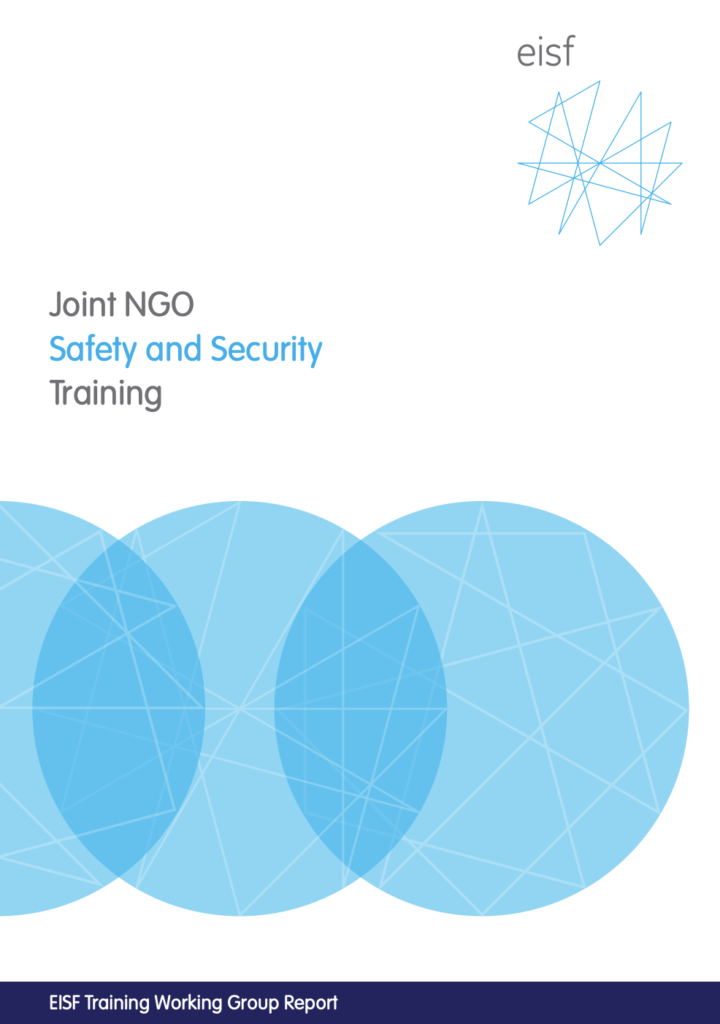Humanitarian agencies are increasingly aware of the centrality of security-related training to strategies for ensuring the safety of aid workers whilst maintaining access to crisis-affected populations. In a survey conducted by the International Medical Corps (IMC) during the first half of 2009 training was identified as the highest priority for NGO security expenditure for headquarter and field staff. However, no readily available, collective evidence base exists, from which NGOs can advocate for the provision of adequate funding, influence the development of course options specific to humanitarian mandates and operating contexts, and drive interagency training initiatives.
Joint NGO Safety and Security Training therefore builds upon a gap in previous research in the field of humanitarian security, to determine the size of the NGO market for security training by quantifying and qualifying collective needs at all training levels. This constitutes a significant empirical record of demand for security training amongst a representative sample of humanitarian agencies.
In conducting this research GISF made use of participatory action research methods, fostering a collective approach by the humanitarian community to reflect on the way security issues are addressed, and to devise effective solutions.
Suggested citation: Kingston, M. (2010) Joint NGO Safety and Security Training. European Interagency Security Forum (EISF)
